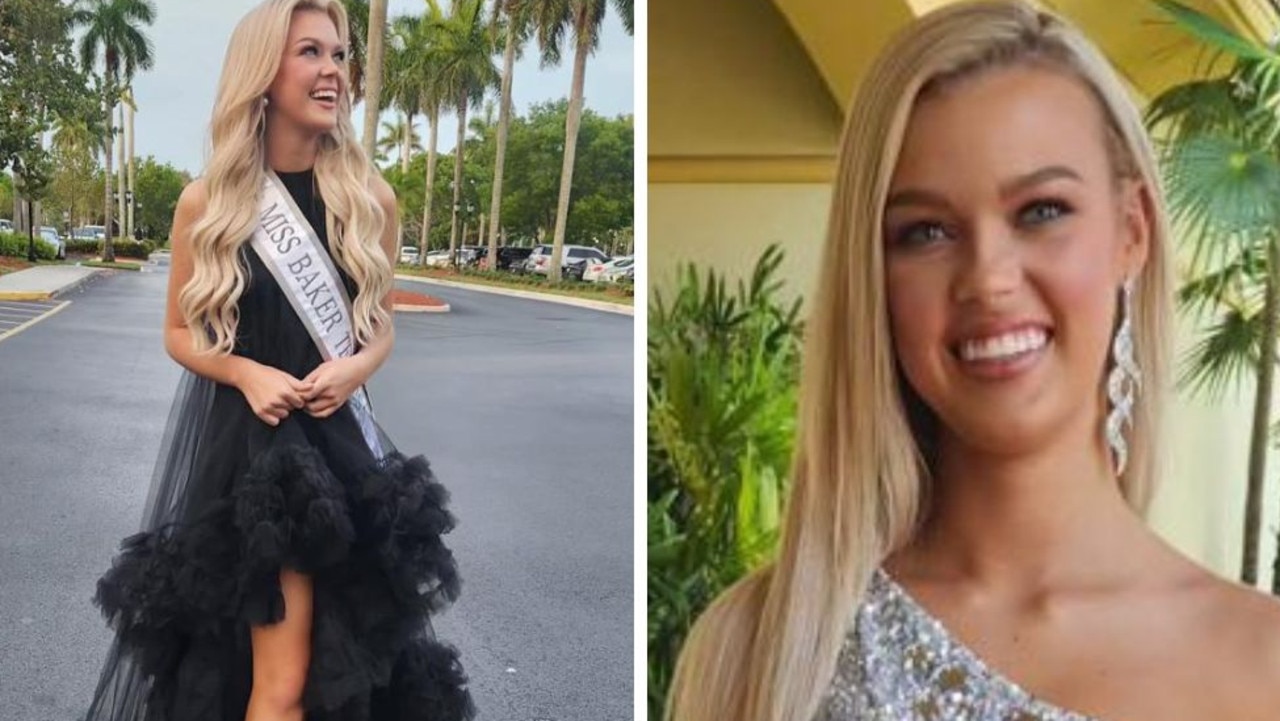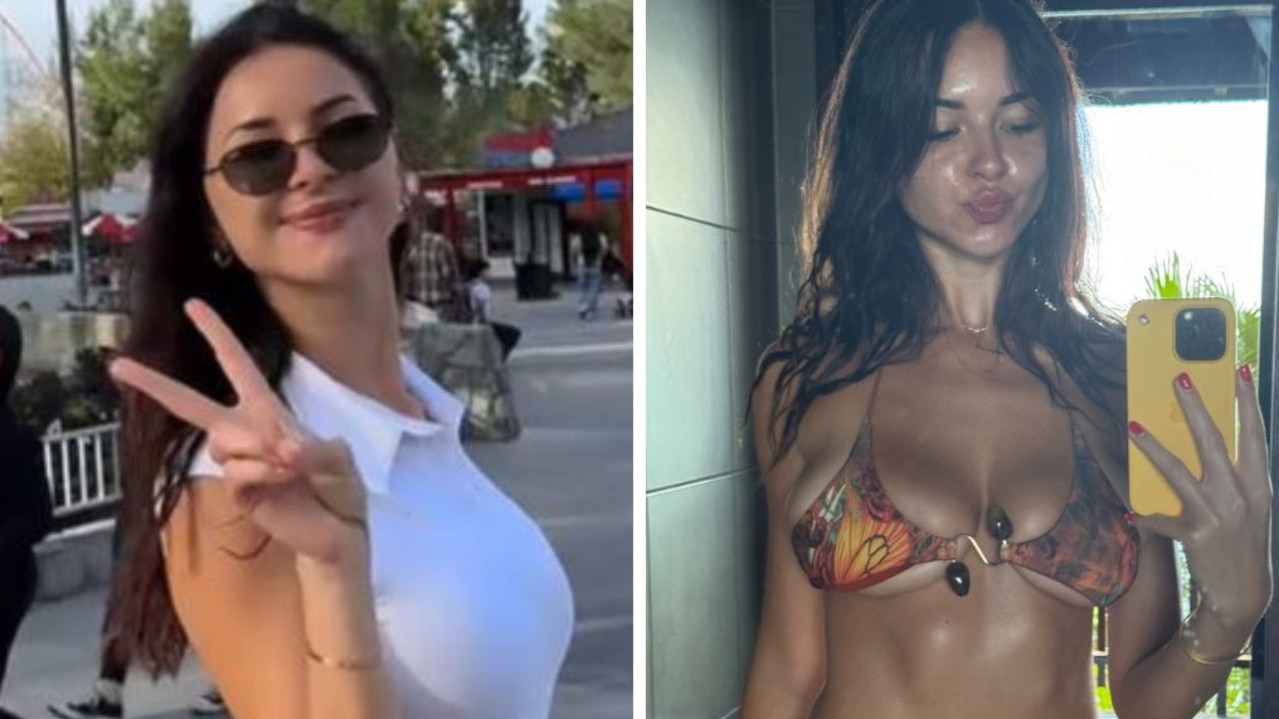Melbourne residents vote for changing date of Australia Day as council considers change
Melbourne residents want to change the date of Australia Day from January 26 as the city looks at making a monumental shift to celebrations.
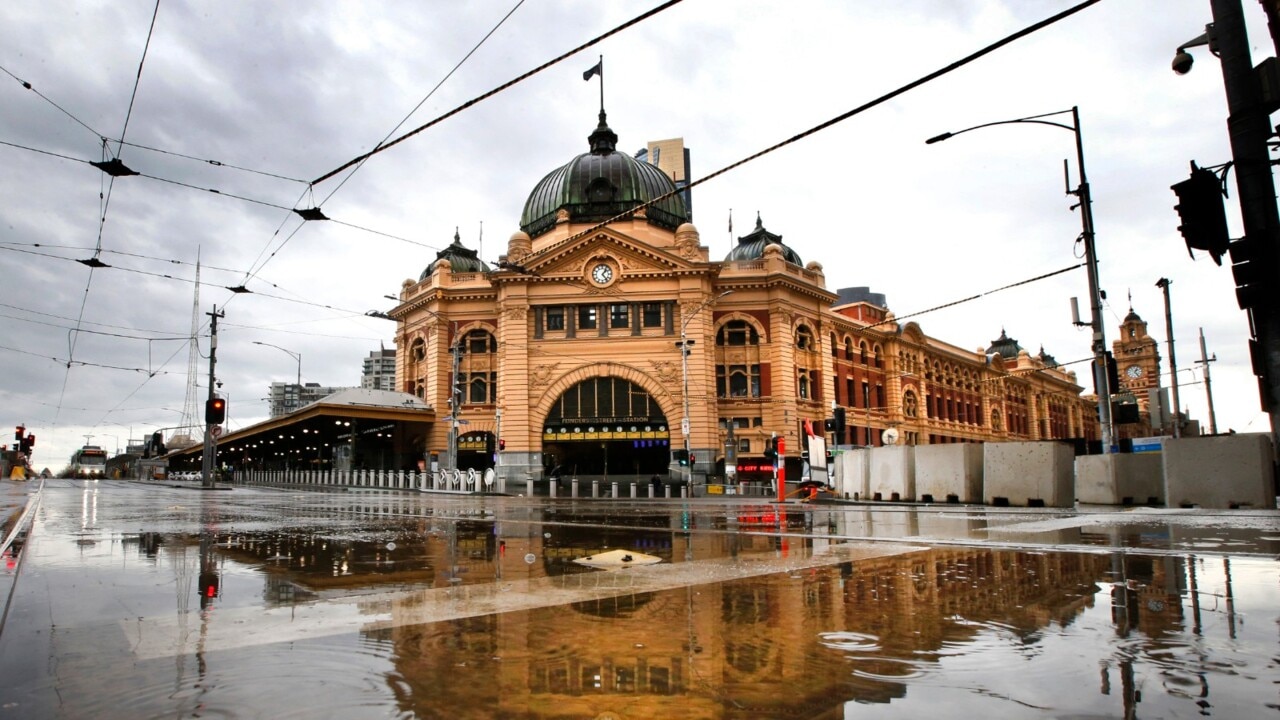
Melbourne residents have voted to change the date of Australia Day from January 26 as the city looks at making a monumental shift to celebrations.
The City of Melbourne will consider an options paper for January 26 after a survey of more than 1600 people found nearly 60 per cent want to see Australia Day celebrated on a different date.
Just 31 per cent of respondents were happy with celebrating Australia Day on January 26 — the same day that Sir Arthur Phillip arrived in Sydney Cove in 1788.
The day signifies the beginning of the British colony in Australia but is seen as a day of mourning for Aboriginal and Torres Strait Island people who have suffered widespread oppression since and who refer to January 26 as Invasion Day.
The survey of Melbourne residents found 59.9 per cent want the day moved in the next 10 years.
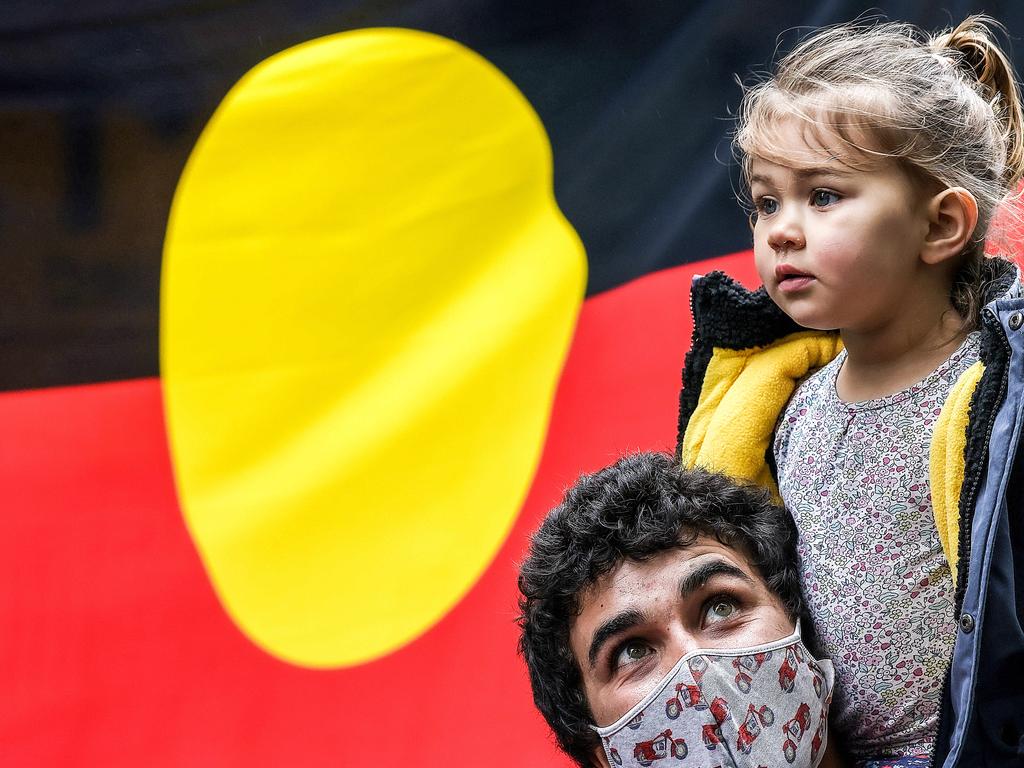
Councillors at Tuesday’s Future Melbourne Committee meeting on Tuesday night will consider a range of options including advocating to the Federal Government to change the date of Australia Day.
A spokesperson for the city said council consulted with the five traditional owner organisations that make up the Eastern Kulin — all of which unanimously support changing the date from January 26.
“If endorsed, Council will continue to issue permits for events delivered by the State Government and other organisations on Australia Day, while supporting activities that acknowledge First Nations perspectives of 26 January,” the city said in a statement.
“The City of Melbourne is working to advance reconciliation and govern with Aboriginal peoples, however any decision to change the date must be made at a Federal Government level.”
In a motion that went before council in July, Lord Mayor Sally Capp called January 26 “divisive” and that there was growing sentiment among Australians for a change.
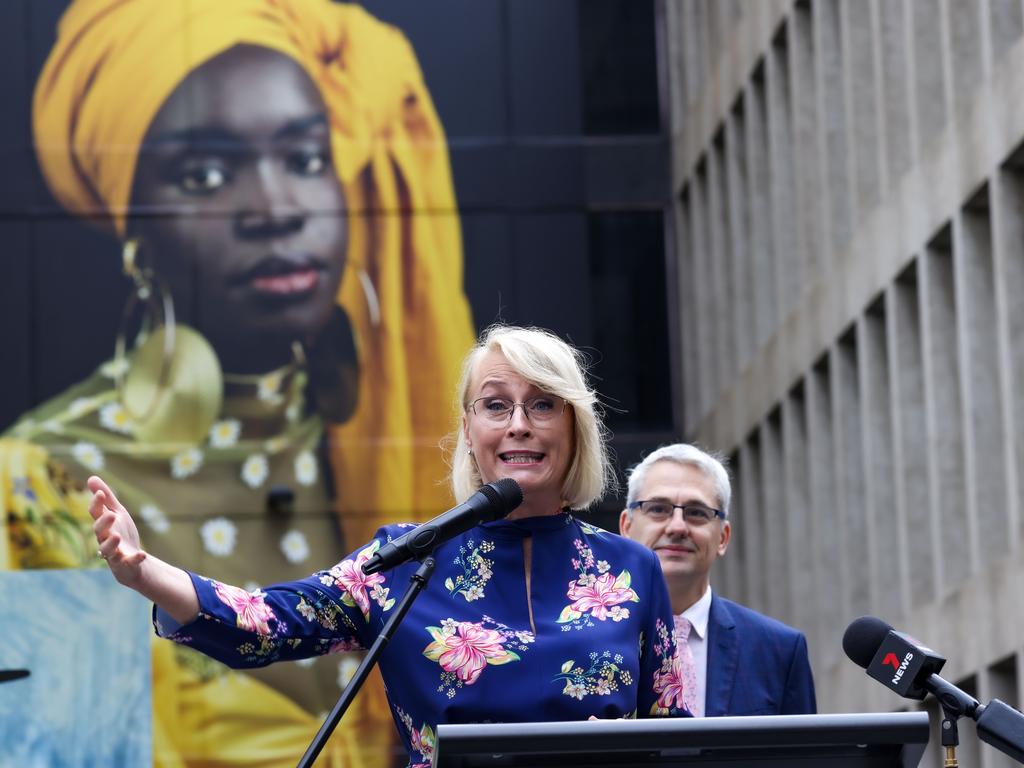
“For many people in the City of Melbourne and across Australia this date is divisive, and for Aboriginal and Torres Strait Islander peoples is marked as the anniversary of invasion and a day of mourning,” the motion read.
“There is growing national sentiment that Australia’s national day be changed to a date that can unify all Australians for celebration about what it means to be Australian.”
The City of Melbourne would join Yarra Council in Melbourne’s east and Darebin council in Melbourne’s north in scrapping January 26 celebrations.
They both did so in 2017, leading then-Prime Minister Malcolm Turnbull to declare the decisions an “attack on Australia Day and banning them from organising citizenship ceremonies for January 26.
Speaking to the ABC after moving the motion at council chambers, Cr Capp said the conversation was being had with Australia Day 2023 in mind.
“I’m absolutely committed to asking the questions and being involved in the debate and being part of what I hope is some fantastic ideas on how we can create more unity rather than division around celebrating what it means to be Australian,” she said.
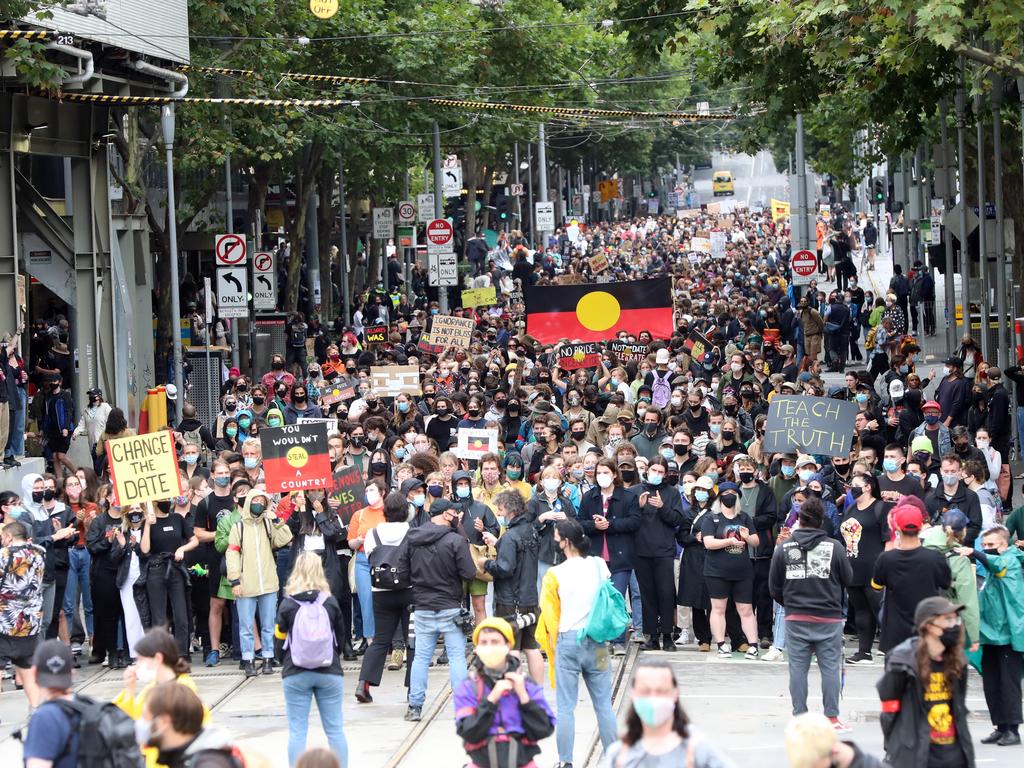
“That’s why I moved the motion. And it’s something I’m really committed to. I recognise that for many people celebrating Australia on the 26th of January is important, but that there is a changing sentiment around celebrating what it means to be Australian on that day.
“And I know from discussions with traditional owners, that many of them see this as a really important aspect of how we can better respect and reflect their ancient culture and history is to listen to their strong views on the 26th of January.”
She said she was looking forward to seeing what options are available at a council level given the date of the Australia Day public holiday is determined by the Federal Government.
“Understanding what role we play on the day, what we can do, what we could add, what we could not do, all of those things will be considered,” she said.
“This is very focused on 26 January, 2023 and onwards, making sure that we are better informed or actually being proactive.
“I think these are difficult and sensitive issues, but they also require leadership and the best thing we’re doing at the moment is listening to our community and to traditional owners.”


